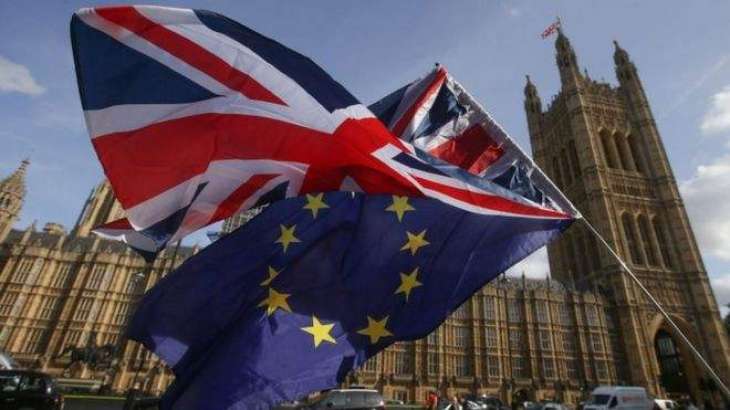The new Brexit deal threatens to keep Northern Ireland in a gray zone where EU rules will apply long after the United Kingdom leaves the European Union, a member of the European Parliament told Sputnik on Thursday
BRUSSELS (Pakistan Point News / Sputnik - 17th October, 2019) The new Brexit deal threatens to keep Northern Ireland in a gray zone where EU rules will apply long after the United Kingdom leaves the European Union, a member of the European Parliament told Sputnik on Thursday.UK and EU negotiators announced on Thursday that they had agreed on a new draft Brexit agreement that dropped the controversial backstop to avoid a hard border in favor of giving the Northern Irish legislature a say on any future arrangement concerning the territory.
"The proposed deal formally does away with the maligned back stop but ambiguity remains. The deal would trap Northern Ireland in a twilight zone where it would have to continue complying with EU VAT and custom area rules," Gunnar Beck, from the Alternative for Germany party, who is also a Brexit spokesman of the European Parliament's Identity and Democracy Group.
Beck argued that the new deal had failed to give a clear answer to the question of when Northern Ireland would be fully aligned with the rest of the UK.
He said Britain had a history of concluding vague treaties that it then "elucidated" in its favor, but it was hard to say whether the proposed deal would really mean Brexit in the long term, rather than "a victory in disguise for Irish irredentism."
The agreement will be put to vote in the House of Commons on Sunday. Prime Minister Boris Johnson's allies in parliament, the Northern Ireland's Democratic Unionist Party, said it would not back the proposal, which has also been rejected by the Labour and the Liberal Democrats.
Speaking on the prospect of passing, Beck said that lawmakers could endorse the new arrangement if they preferred ambiguity to the prospect of eventual no-deal Brexit because the compromise agreement was a vaguer version of the deal proposed by Theresa May, which was voted down three times.




